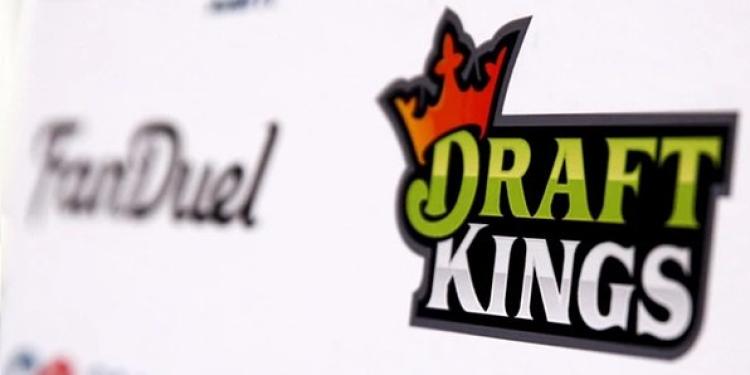New York Sues DFS Websites FanDuel and DraftKings for False Advertising
Posted: November 19, 2015
Updated: October 6, 2017

It’s official: the state of New York sues DFS giants FanDuel and DraftKings on unlicensed gambling and false advertising charges.
In US gambling news, New York has filed lawsuits against FanDuel and DraftKings one week after having concluded that daily fantasy sport (DFS) sites are unlicensed gambling operations. The state is trying to put an end to the availability of their services to New Yorkers, with NY Attorney General Eric Schneiderman leading the charge.
In Schneiderman’s official complaints—which he filed November 17—he says that New York sues DFS for allegedly violating state laws that prohibit the promotion of gambling and “repeated or persistent fraudulent conduct.” He claims that both FanDuel and DraftKings run “casino-style gambling operation[s]… where bettors can wager up to $10,000 per ‘line-up’ and enter for a chance to win jackpots of more than $1 million.”
Together, FanDuel and DraftKings have spent over $100 million on advertising in the last year alone, with much of their material reminiscent of gambling advertisements. FanDuel’s slogan is “anybody can play, anybody can succeed,” while DraftKings advertises its website with statements like “it’s the simplest way of winning life-changing piles of cash.” However, data shows that from 2013 to 2014, 74% of people lost money on FanDuel and 89.3% of people lost money on DraftKings, leading to the state arguing that both websites’ advertisements are deceptive and in violation of New York’s general business law.
New York sues DFS over misunderstanding, claim FanDuel and DraftKings

This week, the state of New York sues DraftKings and FanDuel for allegedly being unlicensed gambling operations. Under US gambling laws in NY, a contest is gambling if it’s dependent on either a “future contingent event not under [the bettor’s] control or influence,” or a “contest of chance.” It contends that “the degree of talent or knowledge a bettor displays in making a prediction is irrelevant.”
Regarding the DFS case, prosecutors explain that “a DFS player can try to make an informed guess of how particular athletes might perform, but no DFS player can (legally) influence how these athletes will perform… he is a spectator whose fate is determined by the combined performance of real athletes competing in real-world games.”
In addition, prosecutors say that DFS is “akin to sports prop betting.” This is due to both websites recommending their users to use player props, over-under lines, and money lines in order to give “themselves more opportunities to win”—the same advice frequently used in traditional sports betting.
Both DraftKings and FanDuel fight these accusations, saying that DFS is a contest of skill and not of chance. In a statement, DraftKings said that it looks forward to “being afforded a full and fair opportunity to demonstrate why daily fantasy sports are legal under New York State law. We believe the Attorney General’s view of this issue is based on an incomplete understanding of the facts about how our business operates and a fundamental misinterpretation and misapplication of the law.”












